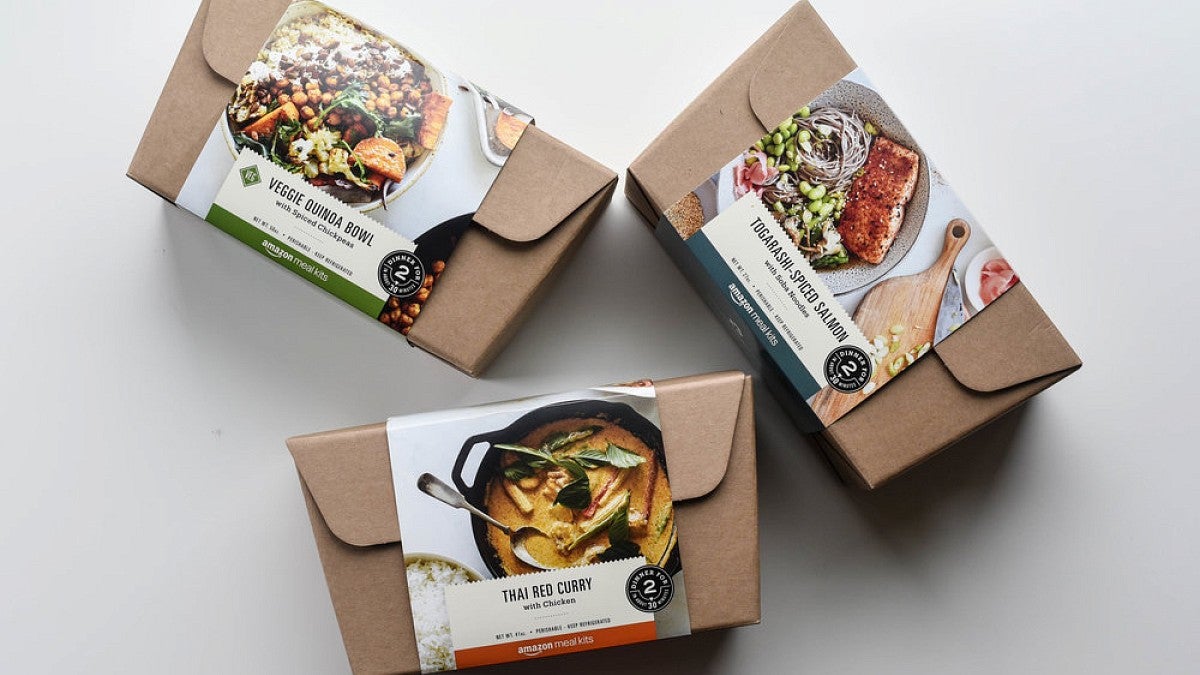Meal kit delivery services like Blue Apron, Home Chef and now Amazon Meal Kits allow people everywhere to have easy meals they can cook at home. But it also gives them plastic packaging, foam coolers and giant ice packs, most of which cannot be recycled.
However, all this might not matter, according to UO chemistry professor David Tyler, who says preventing food waste is more important than having less packaging.
“If you really want to do the right thing, it’s not the food miles,” he said. “Far more impact comes from raising the cow and growing the crop. For items like meat and bread, the more packaging the better.”
This mindset only applies to food kits with meat — growing vegetables generally has less of an effect on the environment, and the cost of travel can be prevented by buying locally grown produce, so vegetarian or vegan meal kits do not save on overall emissions.
For more, see “Meal kits provide tasty dinners, with a side of landfill” on Wired.com.
Tyler has been at the UO since 1985. His lab’s current research includes finding catalysts for natural gas purification, nitrogen fixation and cyanohydrin hydration; novel in-flow ozonolysis methods and continuing the elucidation of solvent cage effects.


